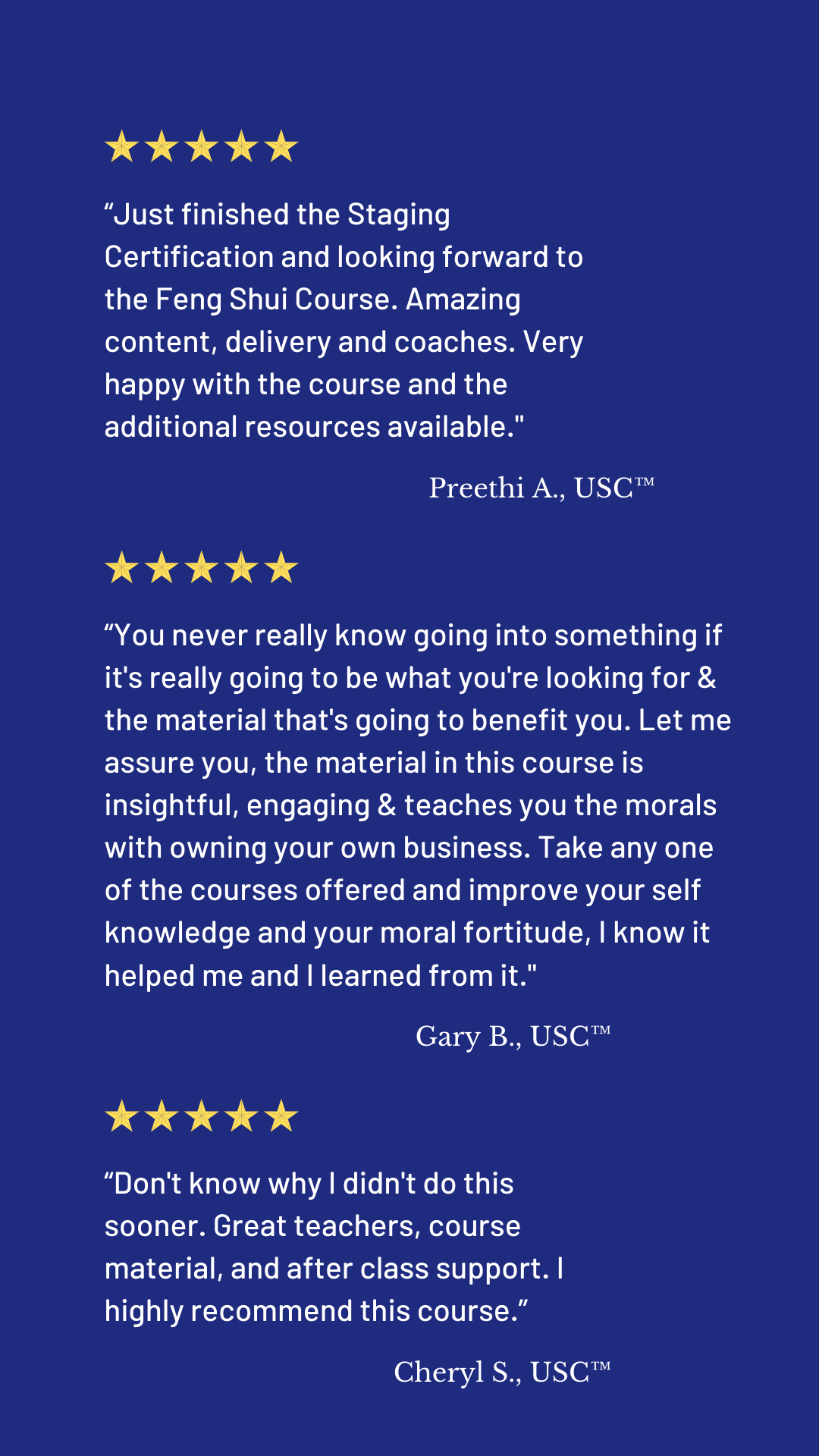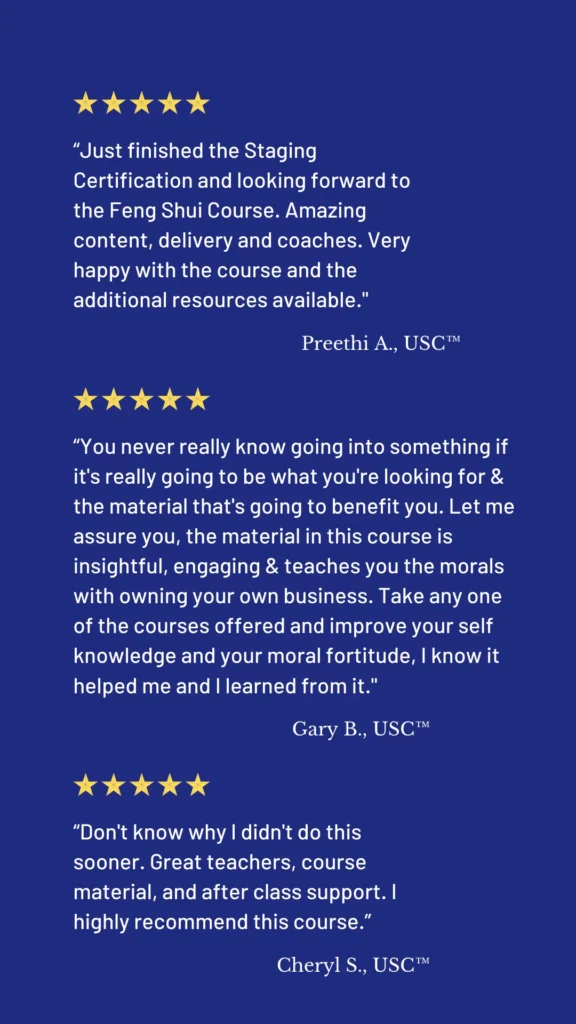How To Succeed Without
A Fear of Failure

Success, in any form, is seldom achieved overnight. Whether it’s a career milestone or a personal goal, the journey to success is often long and filled with obstacles. Many “overnight celebrities” we see on late-night television have gone through years of trials and failures before achieving fame. Numerous well-known figures have faced setbacks; however, instead of seeing these as the end of their dreams, they’ve used them as motivation to propel themselves toward success.
On its own, the fear of failure can be seen as a negative emotion, a roadblock that prevents progress. Yet, when flipped on its head, this fear can transform into a challenge, a motivating force urging you to take risks.
Viewing fear of failure as a catalyst for change can significantly aid in achieving success.
The Advantages of Failure
Failure is not just a setback; it comes with numerous benefits, offering lessons and fostering mindsets that are crucial for growth.
Learning Opportunities:
Each failure carries with it a powerful, often emotionally charged lesson.
These lessons provide clarity on what strategies, actions, or behaviours don’t lead to success, allowing for the refinement and improvement of future attempts.
This iterative process is crucial for innovation and progress, as it helps to hone skills, clarify goals, and strengthen strategies.
Understanding 'Why:
Analyzing failures to understand why they occurred is fundamental to learning and growth. This understanding enables a strategic reassessment, allowing for the development of a more effective approach on subsequent attempts.
Knowing why something didn’t work out as planned is a stepping stone to developing a better plan that addresses previous shortcomings.
Normalization of Setbacks:
By accepting failure as an integral part of the journey towards success, its perceived threat is significantly reduced. This normalization helps in mitigating the fear associated with taking new risks and challenges.
Understanding that setbacks are not only common but expected in any endeavor changes the way we approach our goals, making us more resilient and persistent.
Building Strength and Resilience:
Each encounter with failure is an opportunity to build inner strength and resilience. These experiences teach us about our limitations and capacities, encouraging personal growth and self-awareness.
By facing and overcoming obstacles, we build a resilience that is invaluable in navigating future challenges, making us stronger and more adaptable.
Fostering Courage:
Experiencing failure and realizing that you can come out the other side intact, or even better for it, builds courage.
This courage fosters a willingness to take on new challenges and step out of your comfort zone, knowing that you can handle the consequences and learn from the outcome, whatever it may be.
How to Succeed Without the Fear of Failure
Embracing the lessons and opportunities presented by failure transforms it from a feared outcome to a valuable tool in achieving success.
Take Risks:
Understand and accept that failure is a natural part of the learning process and not something to be avoided at all costs. Embrace risk-taking as an essential component of growth.
By stepping into the unknown with the knowledge that failure is not a definitive end but a momentary setback, you free yourself to pursue your goals with vigor.
Test Your Limits:
True growth and success lie just beyond the boundaries of your comfort zone. By pushing yourself beyond these limits, you discover new capabilities and potential.
This exploration not only reveals what you’re capable of but also expands your horizons, paving the way for greater achievements.
Embrace Failure:
Instead of shying away from the possibility of failure, see it as a clear indication that you’re pushing the envelope and striving for greatness.
The potential for failure signifies that you’re venturing into new territory, which is precisely where growth and success are found.
Recognizing this can shift your perspective, making failure a marker of effort and ambition rather than a cause for fear and inaction.
In Conclusion
Understanding and integrating these principles can dramatically change one’s approach to challenges and ambitions.
Courses and educational programs, like those offered by Ultimate Academy®, not only teach technical skills but also delve into the mindset changes necessary for overcoming obstacles and achieving success.
By viewing failure as a valuable component of the journey rather than an obstacle to be avoided, individuals can unlock their full potential and achieve their most ambitious goals.

Learn About our Home Staging Certification

FAQs About the Fear of Failing
The fear of failure is known as “atychiphobia.” This phobia can significantly impact an individual’s willingness to take risks or pursue certain goals due to the intense fear of not achieving them.
People with atychiphobia often experience anxiety at the thought of trying something that has a potential for failure, leading them to avoid challenges altogether.
While success without any failure is possible, it is rare and may limit growth and learning opportunities.
Failure often plays a crucial role in the journey to success by providing valuable lessons, insights, and experiences that cannot be obtained through success alone. It encourages resilience, adaptability, and innovation, which are vital qualities for achieving long-term success.
Failure is not always necessary, but it is a common and valuable part of the success process. It serves as a powerful tool for learning, growth, and self-discovery.
By facing and overcoming failures, individuals develop resilience and determination, gain a better understanding of their strengths and weaknesses, and refine their strategies for achieving their goals.
In many ways, failure teaches us lessons that success cannot, making it a significant stepping stone on the path to achieving greater achievements.
The fear of failing often stems from a combination of societal pressures, personal insecurities, and past experiences. Many people fear failure because it can lead to feelings of embarrassment, a loss of respect from others, and self-doubt.
This fear can be exacerbated by a culture that sometimes prioritizes success above all else, making failure seem like an unacceptable outcome.
However, recognizing that failure is a natural and normal part of the learning and growing process can help mitigate this fear.
Failures are crucial for achieving success because they provide several key benefits that contribute to personal and professional development:
Learning and Growth: Failures offer lessons by showing what doesn’t work, helping to refine strategies and develop new skills, which are essential for improvement.
Resilience Building: Overcoming failures builds resilience, enhancing the ability to face future challenges with perseverance and determination.
Self-Discovery: Failures lead to self-discovery, revealing personal strengths, weaknesses, and passions, which is vital for making informed life choices.
Innovation and Creativity: The need to overcome failures encourages thinking outside the box and exploring new solutions, often leading to innovation.
Motivation and Clarity: Failures can clarify goals and increase motivation, focusing efforts on overcoming past setbacks.
Risk Management: Experiencing failure teaches how to effectively assess and manage risks, recognizing the necessity of risk for significant achievements.
Empathy and Leadership: Failures develop empathy and leadership skills, fostering a supportive culture that views setbacks as learning opportunities.
Embracing failures as opportunities for growth sets the foundation for future successes, equipping individuals with knowledge, resilience, and a clear direction.













